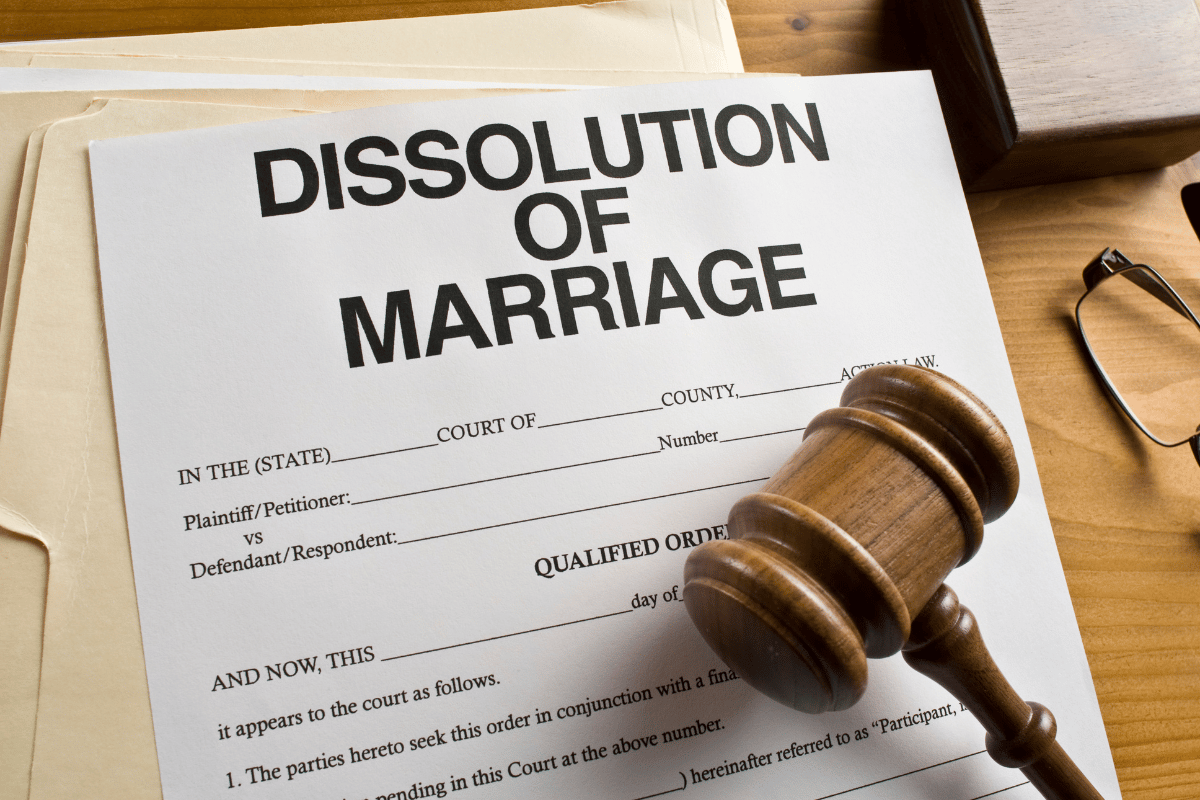In Florida, illegal drugs or controlled dangerous substances (CDS) are classified into 5 different schedules based on their medical value and/or likelihood of abuse. Those schedules are:
- Schedule I: Drugs that have a high potential for abuse and no accepted medical use. (Heroin or LSD)
- Schedule II: Drugs that have a high potential for abuse and some accepted medical use with severe restrictions. Such abuse would cause severe psychic and physical dependence. (Cocaine, Opium, and Morphine)
- Schedule III: Drugs that have potential for abuse to a lesser extent than those previously mentioned. These also have an accepted medical use and may lead to low or moderate physical dependence and a high psychological dependence. (Anabolic steroids)
- Schedule IV: Drugs that have a lower potential for abuse than those previously mentioned. These drugs also have an accepted medical use and their abuse may lead to limited psychological and physical dependence. (Diazepam)
- Schedule V: Drugs that have the lowest potential for abuse compared to those previously mentioned. These drugs also have an accepted medical use and limited risk of physical and psychological dependence. (Medicines that contain very small amounts of narcotic drugs)
The severity of penalties for drug possession depends entirely on the amount of drugs found in a person’s possession. Charges and penalties include:
- More than 10 grams of any Schedule I drug is a 1st degree felony
- Penalty: up to 30 years in jail and/or a fine of up to $10,000
- More than 10 grams of any other CDS is a 3rd degree felony
- Penalty: up to 5 years in prison and/or a fine of up to $5,000
- Up to 20 grams of marijuana is considered a 1st degree misdemeanor.
- Penalty: up to 1 year in prison and/or a $1,000 fine.
- More than 20 grams of marijuana is a 3rd degree felony
- Penalty: up to 5 years in prison and/or a fine of up to $5,000.
In certain circumstances, depending on the amount of drugs, persons can be charged with drug trafficking, based solely on the quantity of drugs, not on what actions were taken with the drugs. If you have a trafficking amount of drugs in your pocket, you are still presumed to ‘be’ trafficking, even though you are not actively distributing the drugs. This is much more severe and is the intentional sale, purchase, manufacture, delivery, possession, or transportation of a controlled substance in excess of certain statutory limits. The weight limits vary depending on the CDS in question. Drug trafficking charges carry significant penalties that increase with the amount of the illegal drug found in a person’s possession.
Common illegal drugs and the minimum weight limit for trafficking charges are as follows:
- Marijuana: 25 pounds or 300 plants; list out the min mans for these you have here
- Cocaine: 28 grams; min mandatory 3 years
- Hydrocodone: 14 grams;
- LSD (acid): 1 gram;
- MDMA (ecstasy): 10 grams; and
- Oxycodone: 7 grams.
Depending on the drug in question, sentences range from a minimum of 3 years in prison and/ or a fine of $50,000 to life in prison without parole. Even if you aren’t selling the drugs, possession of a CDS that is more than the statutory limit could lead to drug trafficking charges.
Florida drug laws are complicated and the consequences of a possession or trafficking conviction can be severe. If you’ve been charged with a drug-related crime or you think you may be under investigation, the experienced criminal defense attorneys at O’Mara Law Group are here to help. Call us today at (407) 898-5151 or fill out our online form to schedule a consultation.



